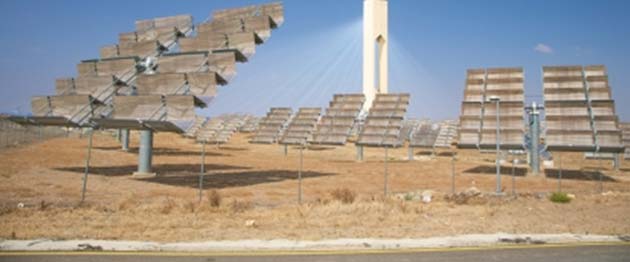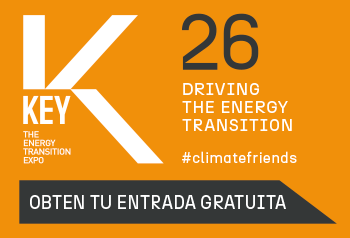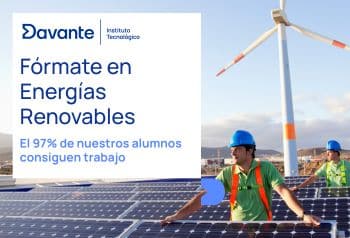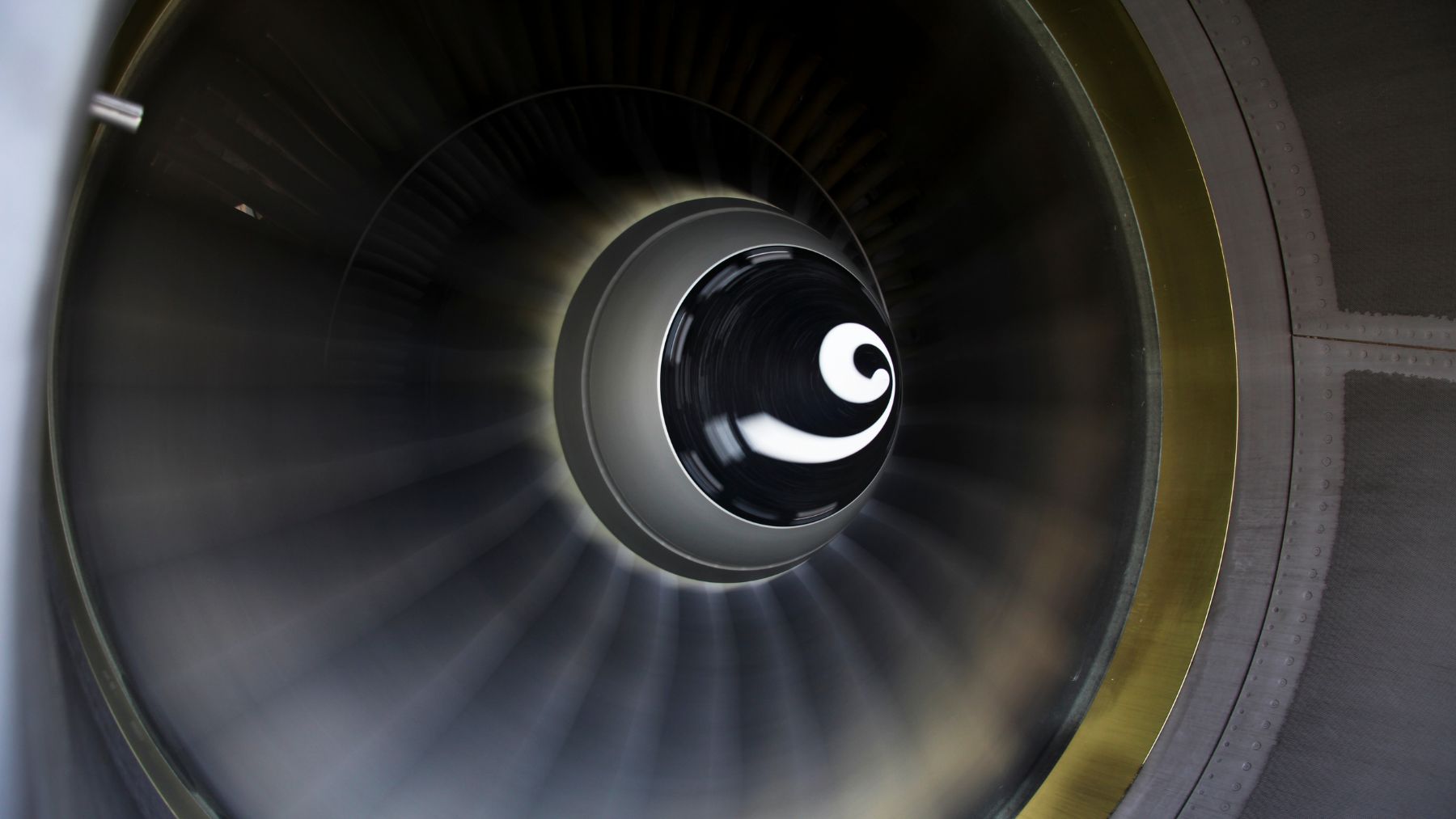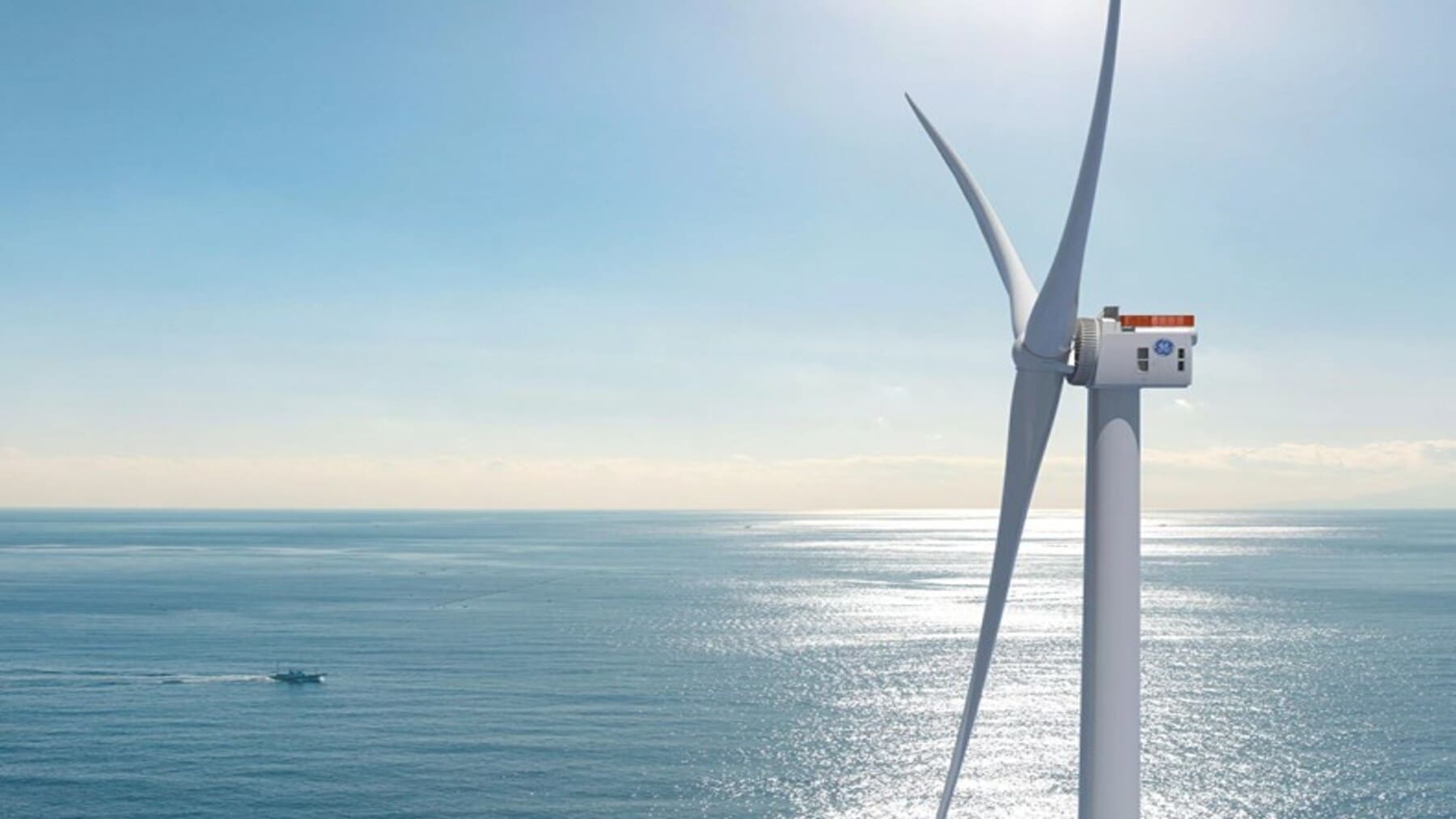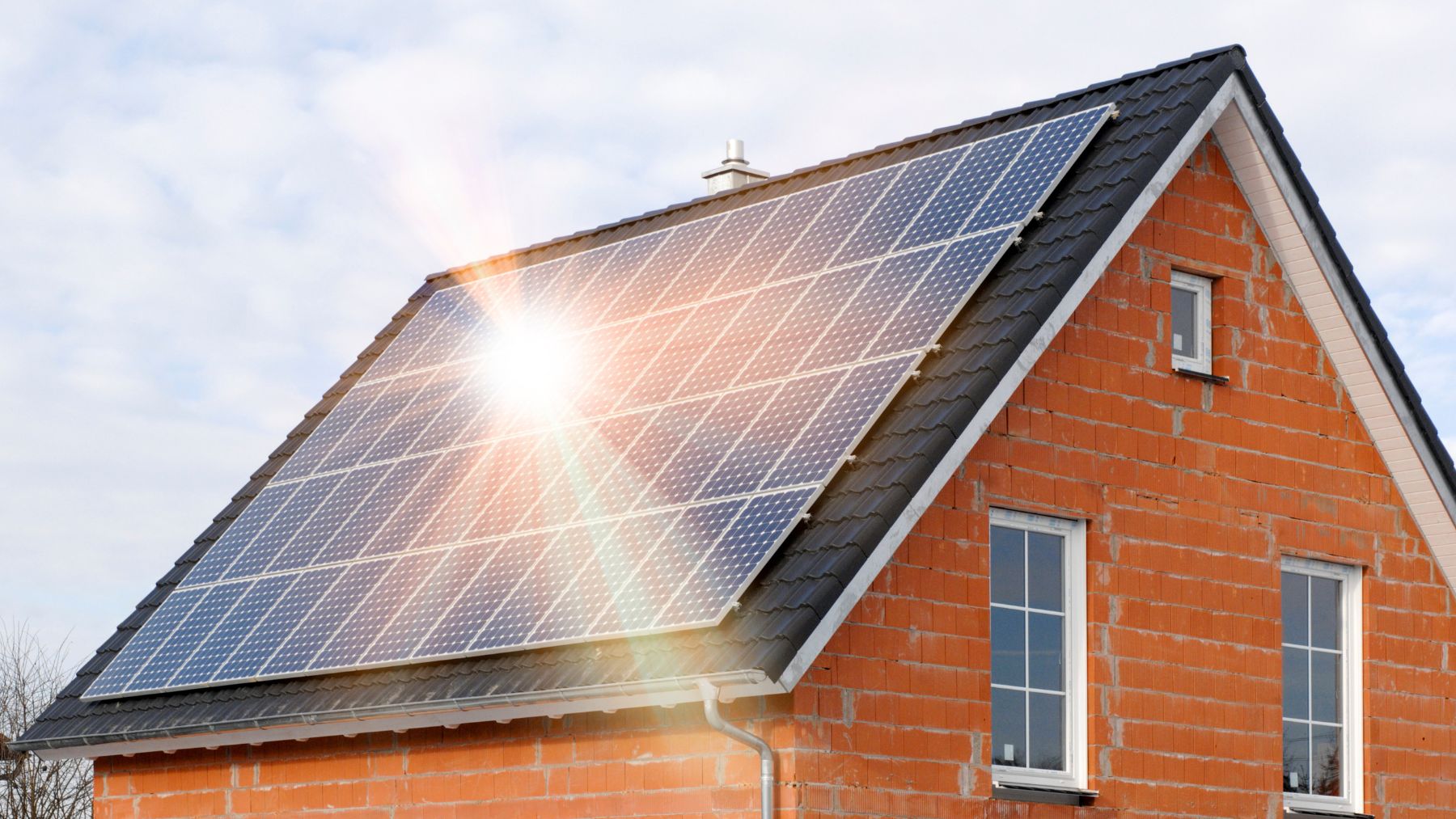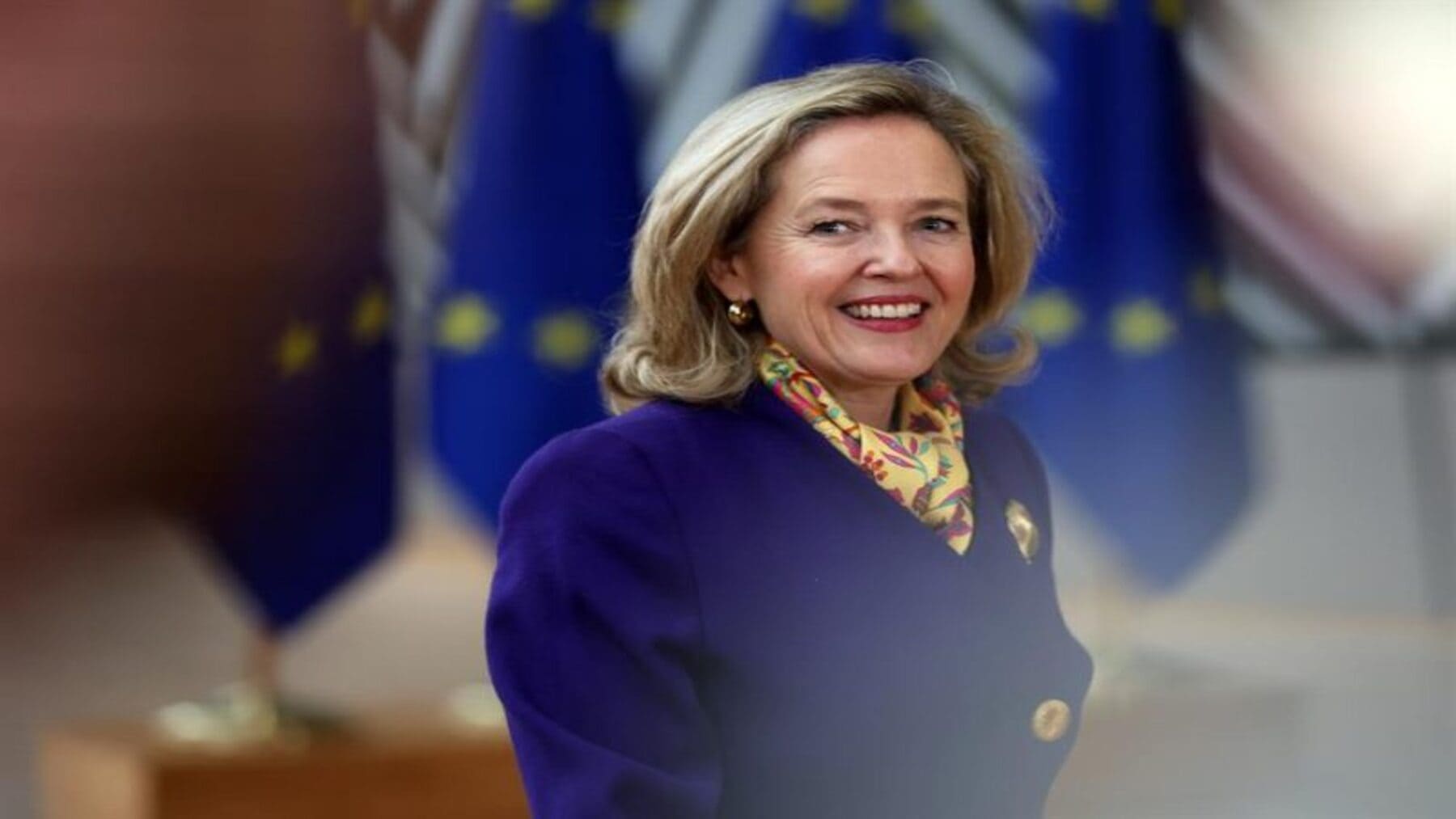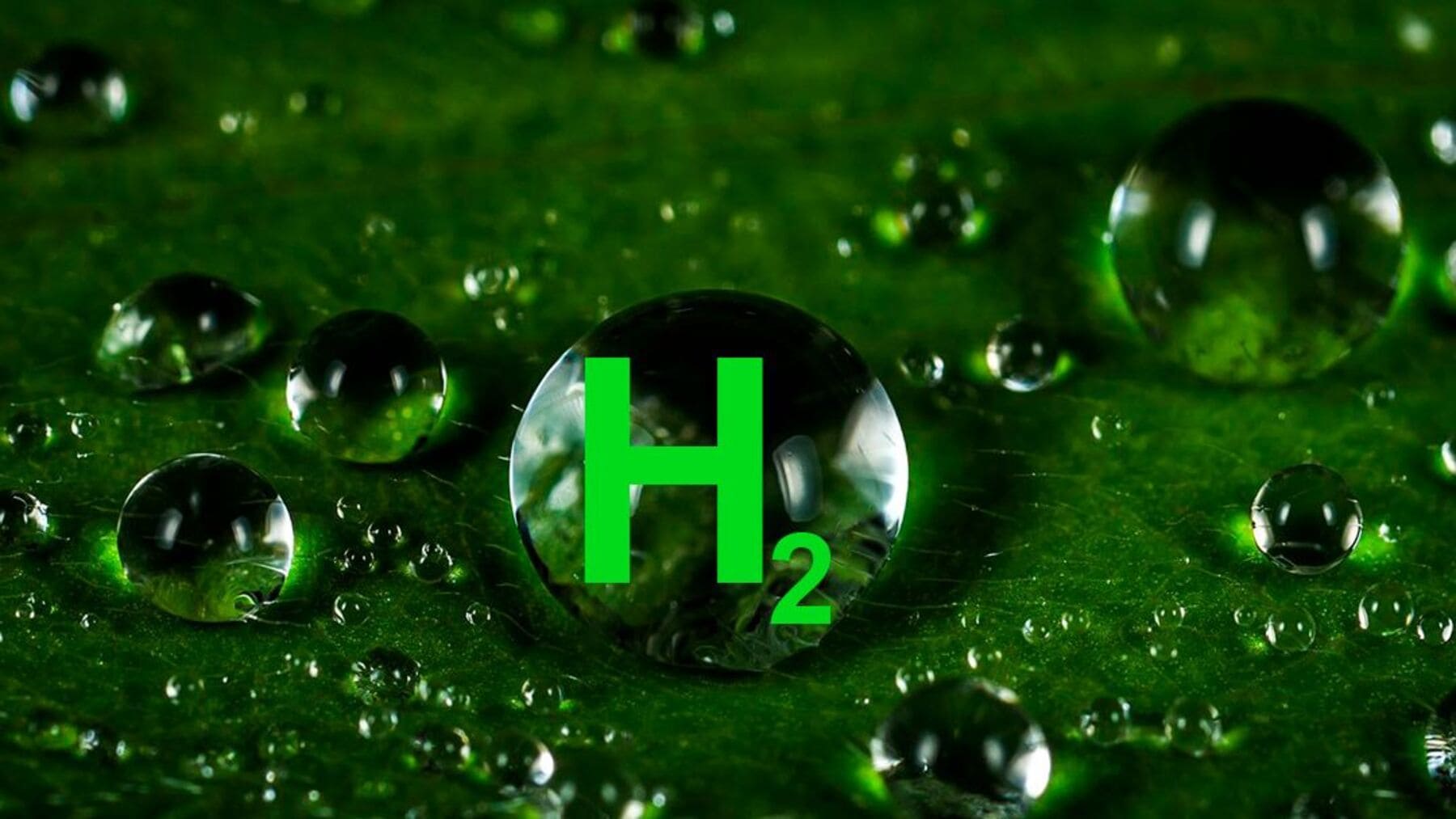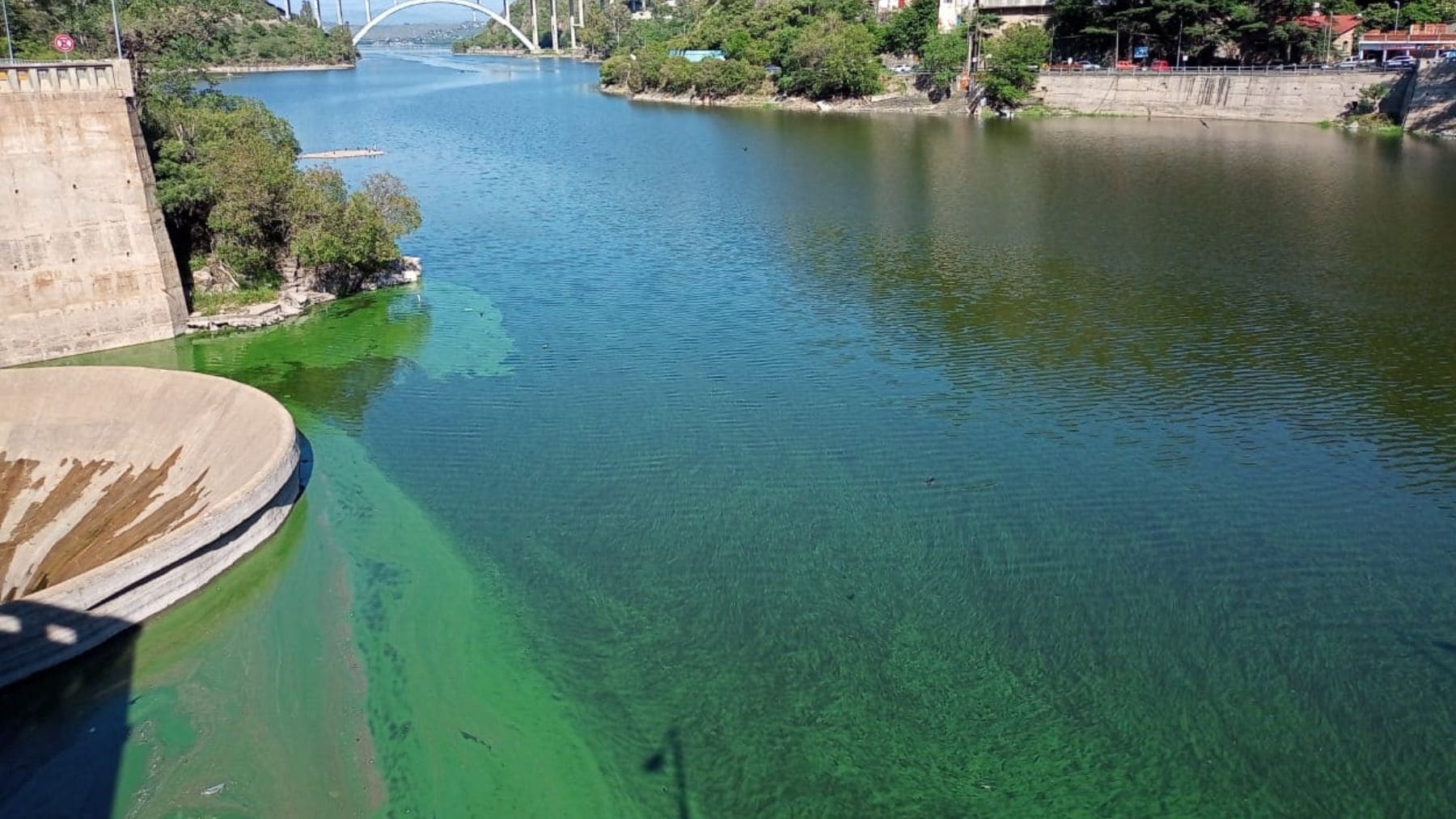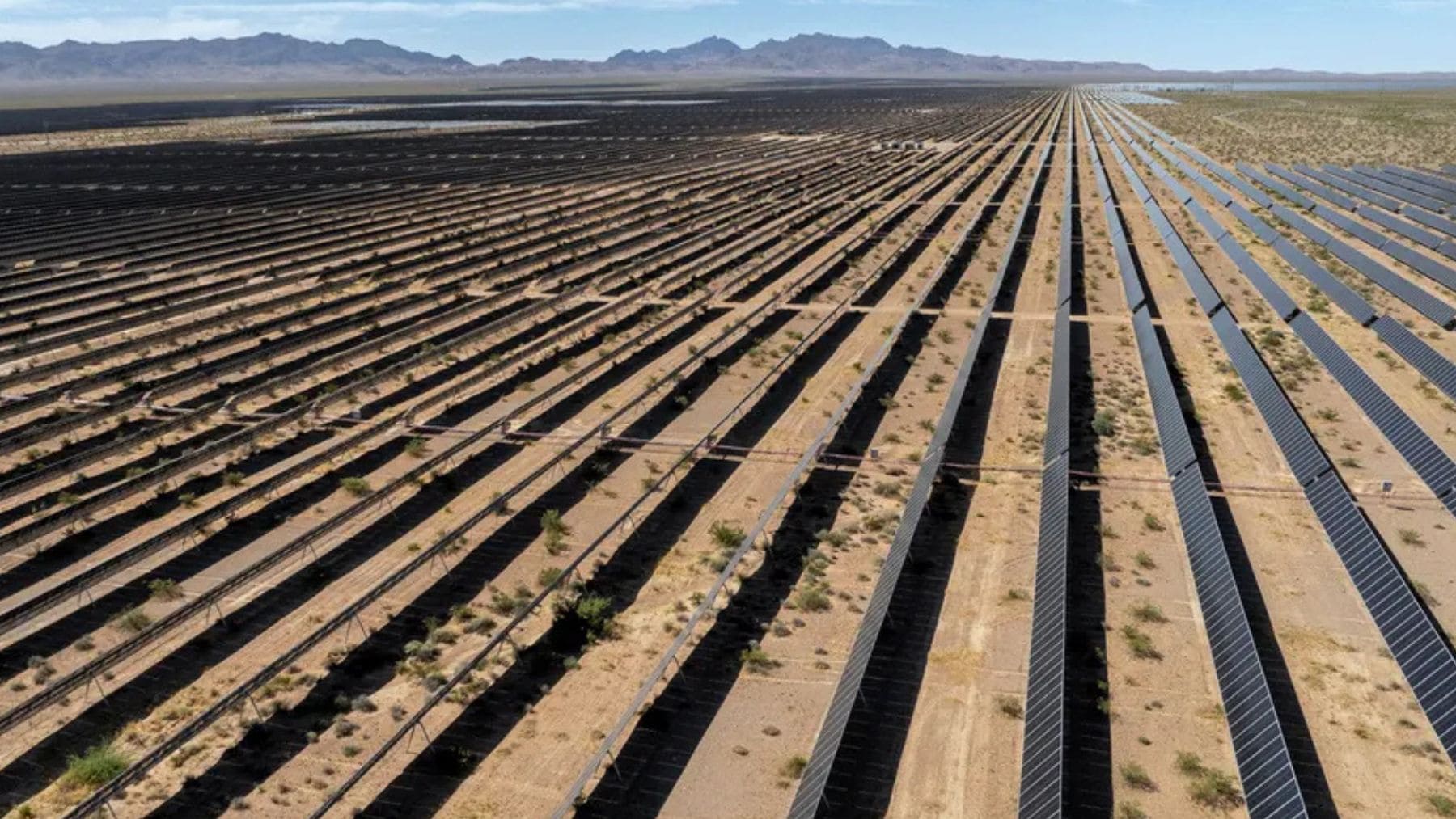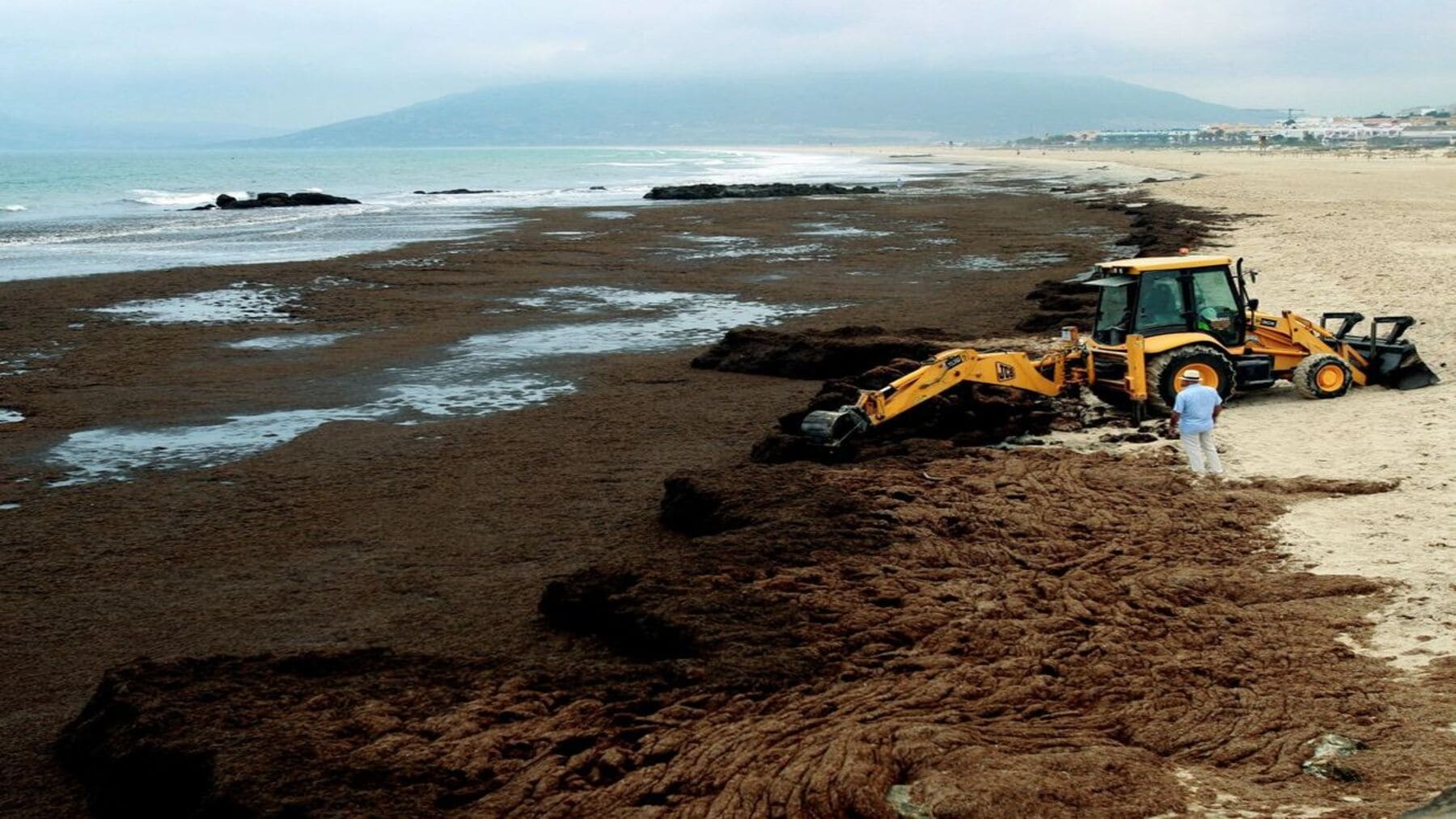The funds were taken from revenues obtained from the sale of 200 million emissions allowances from new participants’ reserve of the E.U. Emissions Trading System.
The European Commission gave out over 1.2 billion euro ($1.59 billion) in grants this week to 23 “highly innovative” renewable energy demonstration projects in a bid to boost the development of clean technologies in the European Union.
The funds were taken from revenues obtained from the sale of 200 million emissions allowances from new participants’ reserve of the E.U. Emissions Trading System.
The funding will deliver as much as 50 percent of the projects’ relevant costs, while the rest will be covered by private investments and additional national funding.
“This year Christmas has come early – today’s decision is a major milestone in E.U. climate policy. The NER300 programme is in effect a ‘Robin Hood’ mechanism that makes polluters pay for large-scale demonstration of new low-carbon technologies,” said Connie Hedegaard, E.U. Climate Action Commissioner.
Ms. Hedegaard added that the funding paid by the polluters will help leverage another $2.65 billion of private investment in the 23 selected low-carbon demonstration projects.
“This will help the E.U. keep its frontrunner position on renewables and create jobs here and now, in the E.U.,” she stressed.
For the NER300 funding program, the projects included a wide range of renewable energy technologies – bioenergy, concentrated solar power, geothermal power, wind, ocean energy and smart grids.
Once the projects are completed, they are expected to increase the annual renewable energy production in Europe by about 10 terawatt hours, an energy amount equivalent to the yearly fuel consumption of over one million cars on the road.
The construction of the demonstration projects over the next three to four years will provide jobs to several thousands of full-time workers. When operational, around a thousand full-time workers will be employed at the installations for the next 15 to 20 years.
The NER300 programme, which is co-implemented by the European Commission and the European Investment Bank, will be made on a yearly basis, depending on the performance or the amount of clean energy generated, and the compliance to knowledge-sharing requirements.
The Commission will now proceed with the implementation of the second call for proposals, including unused funds from the first call and the revenues of the remaining 100 million allowances in the new entrants’ reserve. – C. Dominguez
http://ecoseed.org/ – ECOticias.com
